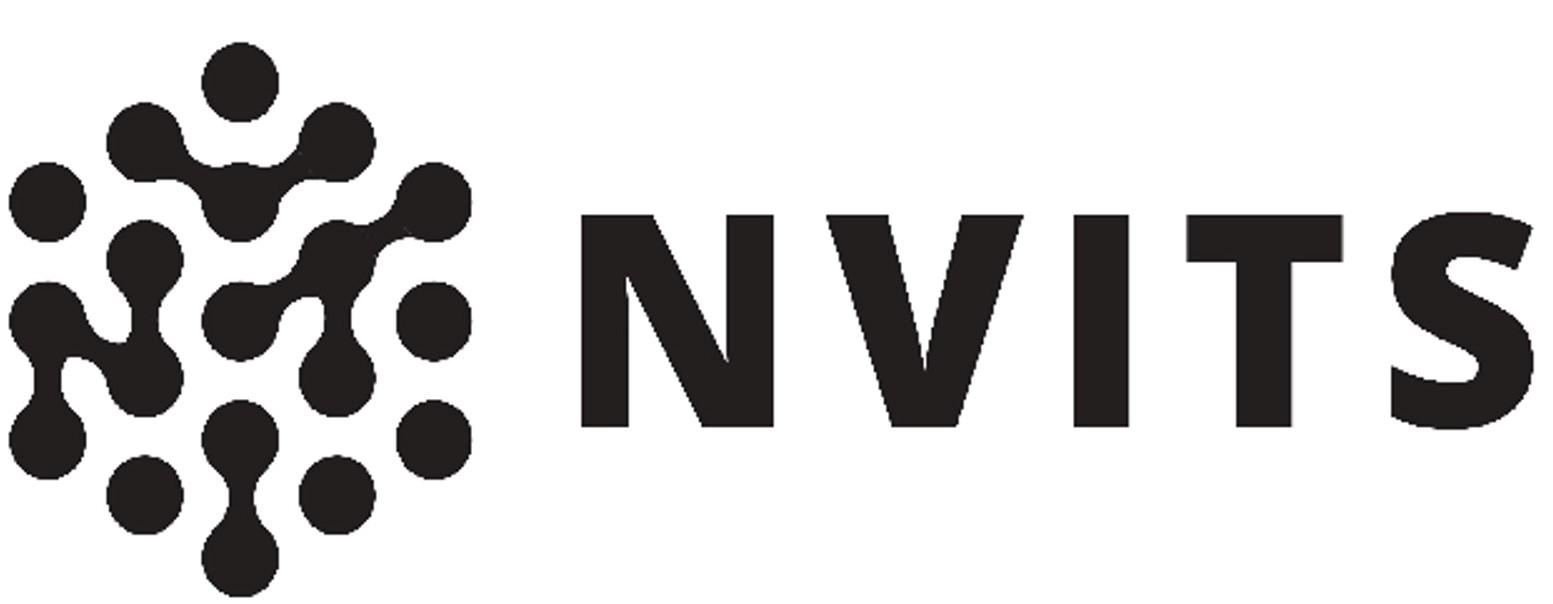PCI DSS Compliance
Handling Card Data Without Clarity?
Not sure if your systems meet PCI requirements?
Worried about storing or transmitting cardholder data the wrong way?
High Risk of Data Breaches?
Do outdated systems put payment info in danger?
Are gaps in security exposing you to fraud or penalties?
Complex Requirements, Limited Time?
Struggling to understand what’s mandatory—and what’s best practice?
Is compliance draining your time and resources?


No Visibility Into Weak Points?
Can’t pinpoint where your controls fall short?
Is it hard to assess how secure your payment environment really is?
Unprepared for Audits?
Dreading the next compliance review or security scan?
Are you scrambling to gather documentation and evidence?
One-Time Fixes, Ongoing Risk?
Treating PCI like a checkbox instead of a process?
Are temporary solutions leaving you exposed long-term?
Any business or company that stores, processes, or transmits payment cardholder data is required to adhere with the Payment Card Industry Data Security Standard (PCI DSS).
With rules governing everything from data encryption to network segmentation, meeting PCI DSS requirements can be difficult to achieve and maintain. It is a continuous effort that can be both time consuming and laborious.
By failing to comply with the PCI DSS requirements, you may be leaving not only your business, but the companies that you do business with, exposed to potential litigation and fines.
The goal of the Payment Card Industry Data Security Standard (PCI DSS) is to protect cardholder data wherever it is processed, stored, or transmitted. The secure line required by PCI DSS are vital for protecting cardholder account data, including the PAN – the primary account number printed on the front of a payment card. Merchants and other service providers who are involved with the processing of card payments must never store sensitive authentication data after authorization. The sensitive data that this includes is the information that is printed on a card, or stored on a card’s magnetic stripe or chip – and personal identification numbers entered by the cardholder.
It is important to protect cardholders from fallout of a data breach. Organizations will also have self-interest at heart because penalties for non-compliance can be significant. A company, business, or organization could end up prohibited from processing payment card transactions, and if they aren’t prohibited, they may end up with higher processing fees to run any transaction at all.
The penalties can be limitless, just think about the other costs that will be incurred for discovery and containment, investigation of the incident, remediation expenses, attorney and legal fees, loss of customer confidence, lost sales and revenue, brand degradation, and so on.
Adhering to the PCI DSS and utilizing it in your payment card transaction environment applies globally to all entities that store, process, or transmit cardholder data.
PCI DSS and the related security standards surrounding it are administered by the PCI Security Standards Council. This council was founded by American Express, Discover Financial Services, JCB International, MasterCard Worldwide and Visa Inc. Participating Organizations include merchants, payment card issuing banks, processors, developers and other vendors.
Adhering to the PCI DSS and utilizing it in your payment card transaction environment applies globally to all entities that store, process, or transmit cardholder data.
For companies to adhere to the regulations set by the PCI Security Standards Council, three key steps should be followed:
- Assess: Identify cardholder data, take inventory of IT assets and payment processing workflows, and analyze them for vulnerabilities that may expose sensitive data.
- Remediate: Address any discovered vulnerabilities. Avoid storing cardholder data unless it is absolutely necessary for the current transaction.
- Report: Submit required remediation validation records and compliance reports to the acquiring bank and card brands you work with.
Nevada IT PCI DSS Solutions will help your company achieve the requirements that are necessary to be in compliance with the standard.
The PCI DSS requirements apply to all payment card network members, merchants, and service providers that store, process, or transmit cardholder data. The main requirements are as follows:
- Build & Maintain a Secure Network
- Install and maintain a firewall configuration to protect cardholder data
- Do not use vendor-supplied defaults for system passwords and other security parameters
- Protect Cardholder Data
- Protect stored cardholder data
- Encrypt transmission of cardholder data across open, public networks
- Maintain Vulnerability Management Program
- Use and regularly update anti-virus software
- Develop and maintain secure systems and applications
- Implement Strong Access Control Measures
- Restrict access to cardholder data by business need-to-know
- Assign a unique ID to each person with computer access
- Restrict physical access to cardholder data
- Regularly Monitor & Test Networks
- Track and monitor all access to network resources and cardholder data
- Regularly test security systems and processes
- Maintain an Information Security Policy
- Maintain a policy that addresses information security
Our Comprehensive Services
End-to-end IT management and cybersecurity solutions designed to protect your business,
optimize your technology, and drive your growth.
Managed IT Services
Comprehensive IT management, monitoring, and support to keep your systems running smoothly.
Cybersecurity Solutions
Multi-layered security strategies to protect your business from evolving threats and breaches.
Cloud Services
Secure cloud migration, management, and optimization for improved flexibility and scalability.
Network Infrastructure
Design, implementation, and management of reliable and secure network solutions.
IT Helpdesk Support
Responsive, knowledgeable support for all your technology challenges and questions.
Data Backup & Recovery
Robust backup solutions and disaster recovery planning to protect your critical information.
Cloud Services from Nevada IT Solutions are easy, quick, and economical to implement.
Call Nevada IT Solutions @ (775) 525-1488
Common IT Challenges Business Owners Face
We understand the technology pain points that keep you up at night. Our solutions directly
address these common challenges.
Cybersecurity Vulnerabilities
Businesses face evolving threats from ransomware, phishing, and data breaches that can devastate operations and reputation.
System Downtime
Unexpected outages and technical failures lead to lost productivity, missed opportunities, and frustrated employees.
Outdated Infrastructure
Legacy systems create compatibility issues, security risks, and prevent adoption of productivity-boosting technologies.
Unpredictable IT Costs
Break-fix approaches lead to budget-breaking emergency repairs and unpredictable technology expenses.
Talent Shortage
Finding and retaining qualified IT staff is increasingly difficult and expensive in today’s competitive market.
Time-Consuming Management
Business owners spend valuable time troubleshooting IT issues instead of focusing on growth and core operations.
Stop worrying about IT problems. Let us handle them for you.
Our Technology Partners
What Our Clients Say
Don’t just take our word for it. Here’s what business owners like you have to say about our services.
Get In Touch
Ready to secure your business and optimize your IT? Contact us today for a free consultation.



























